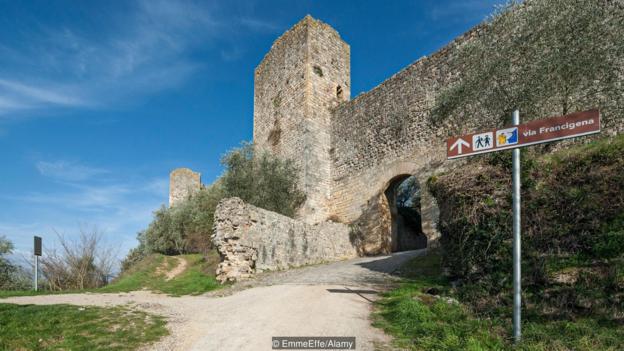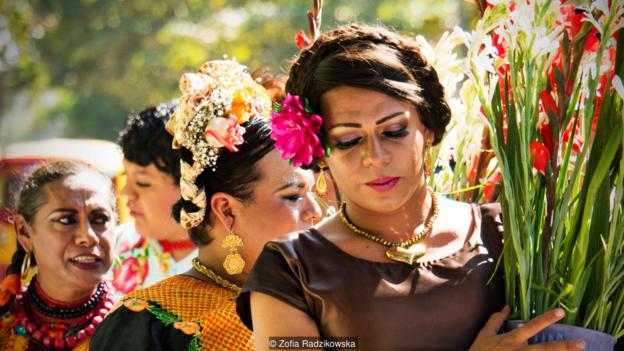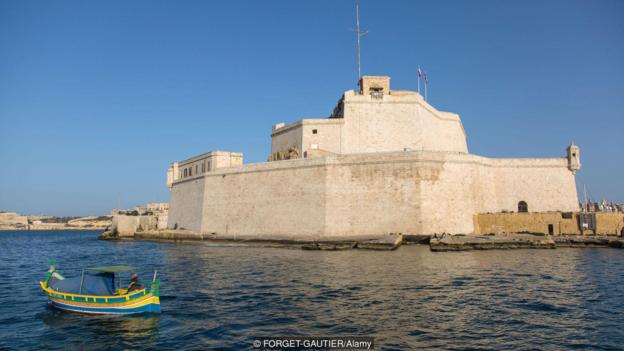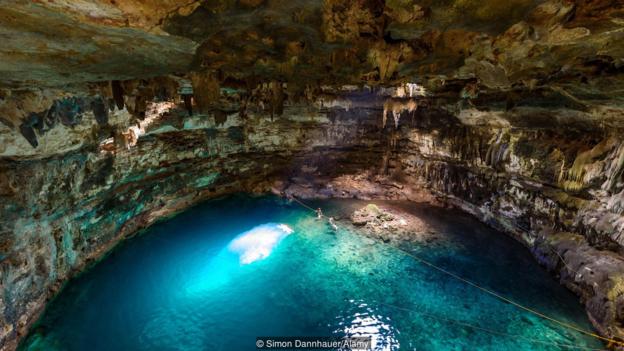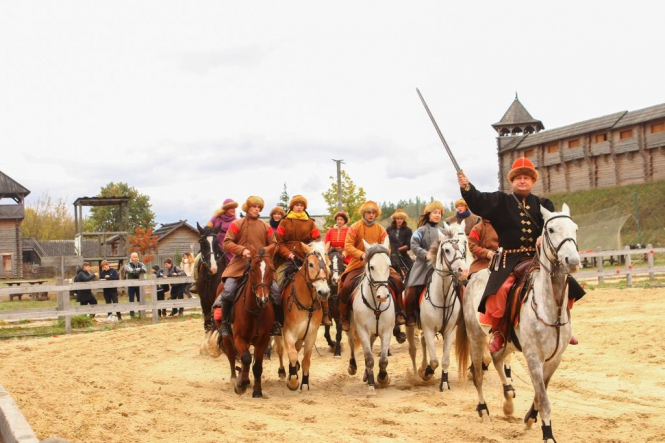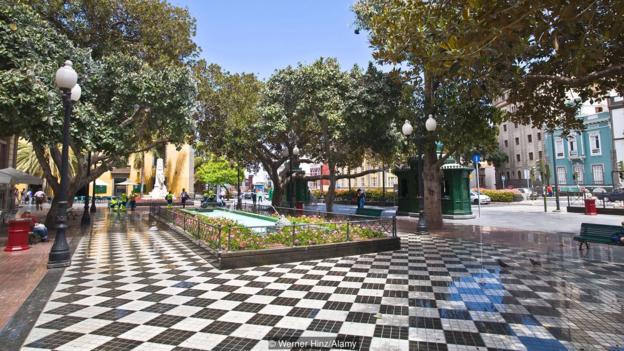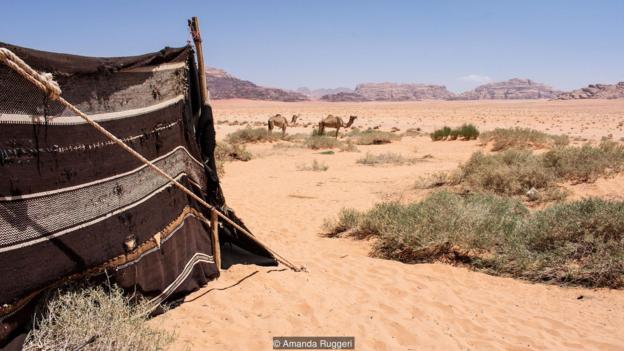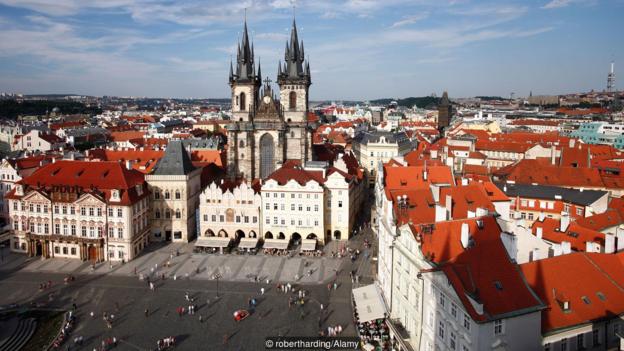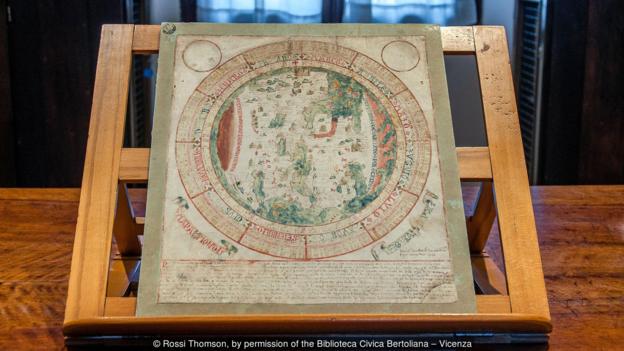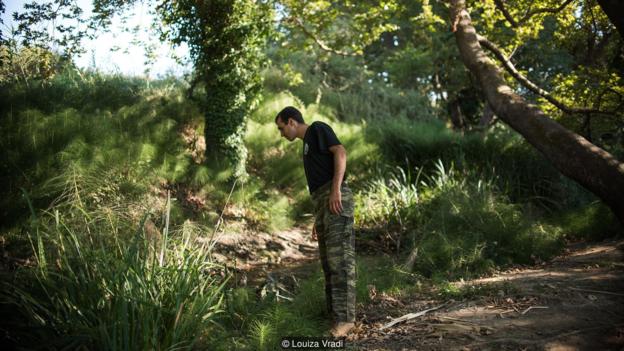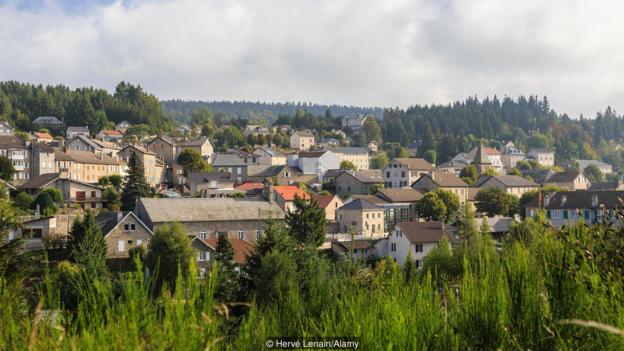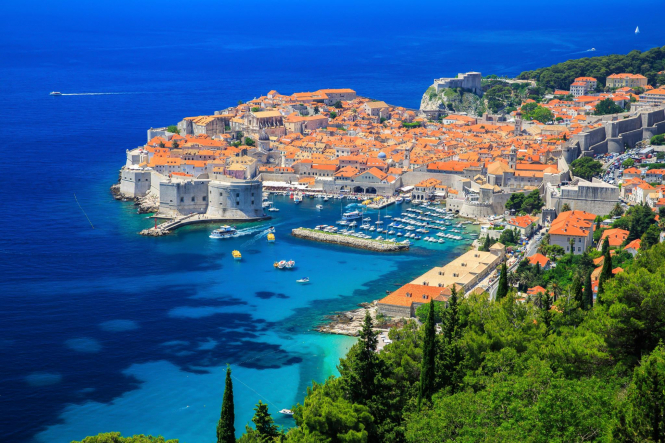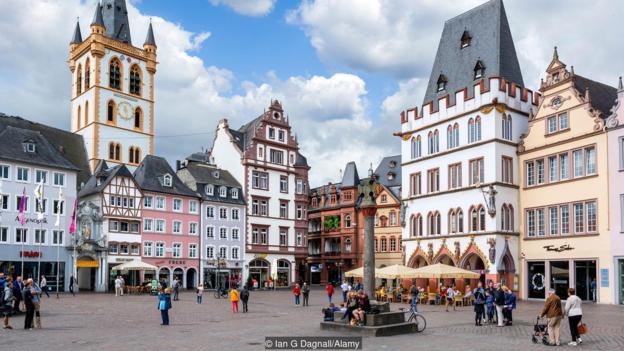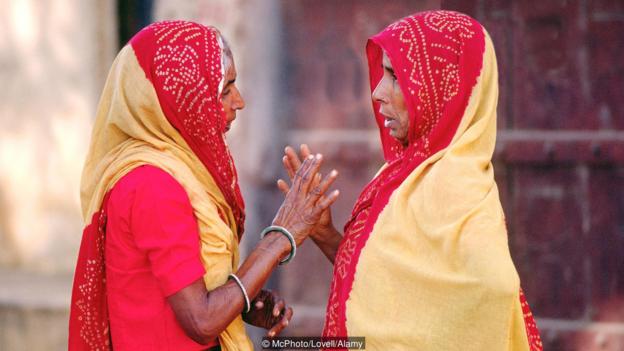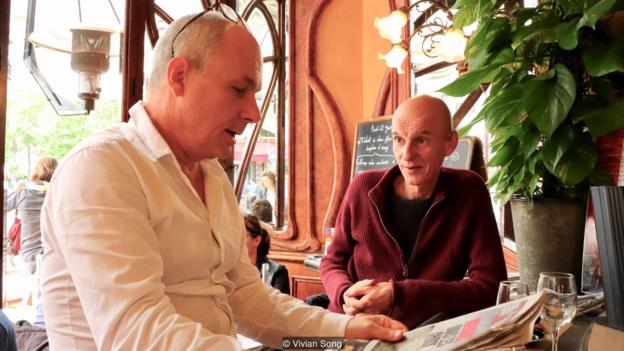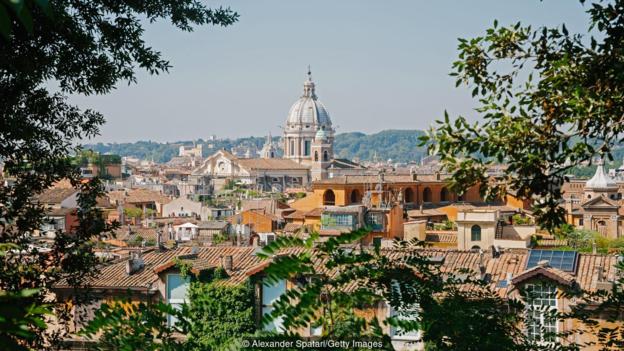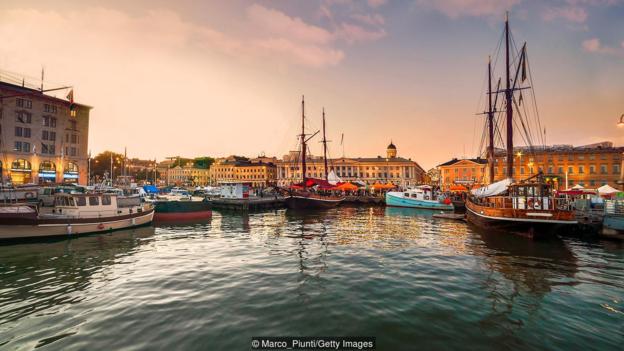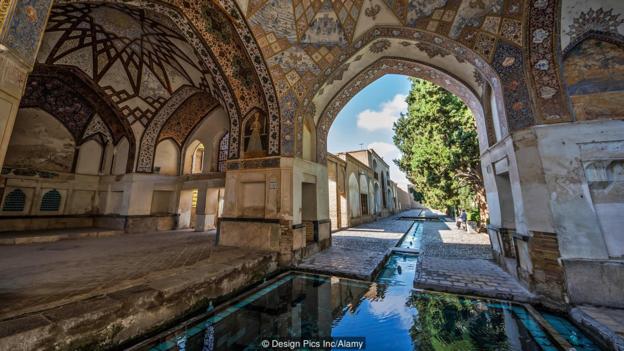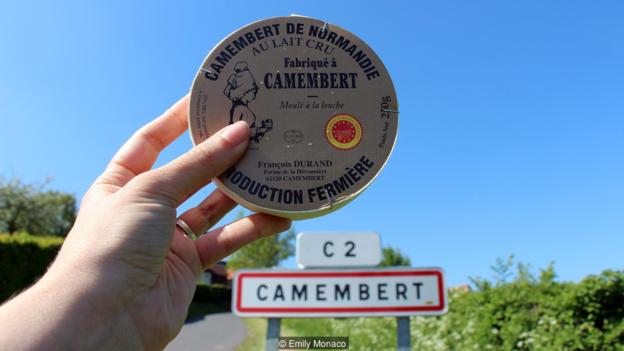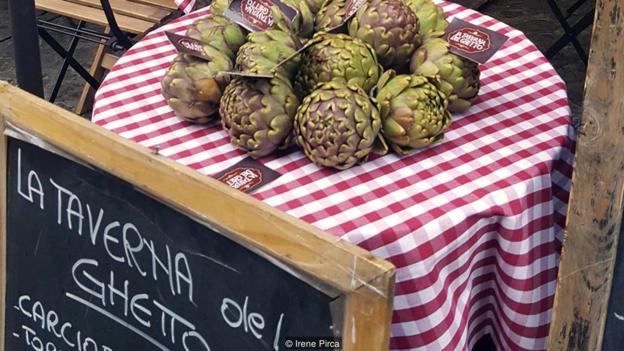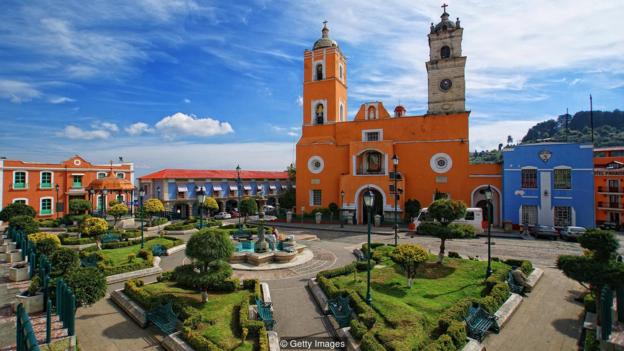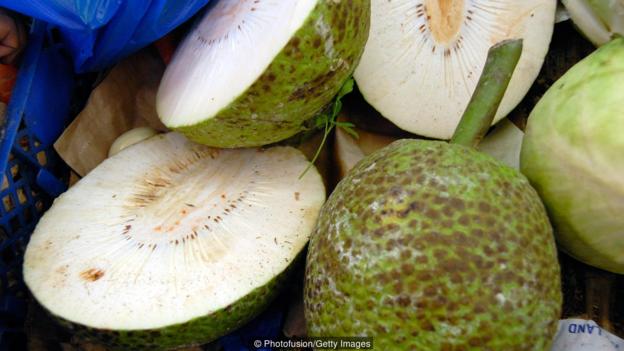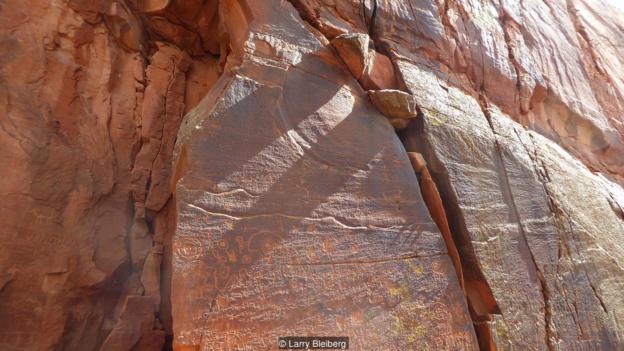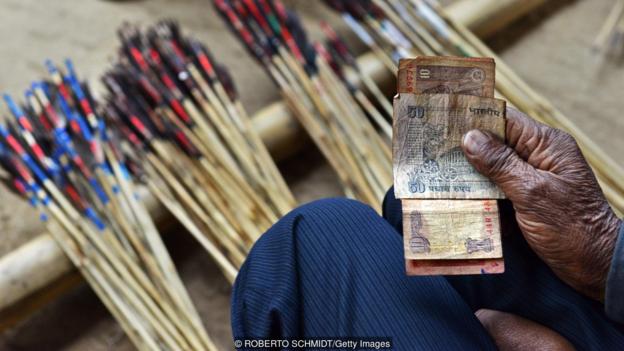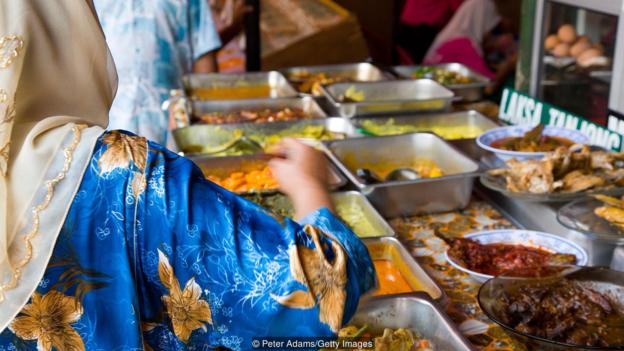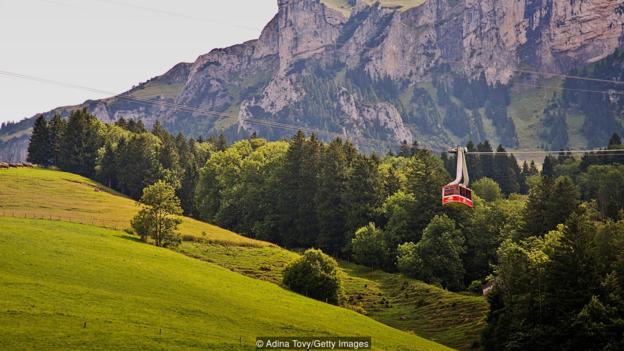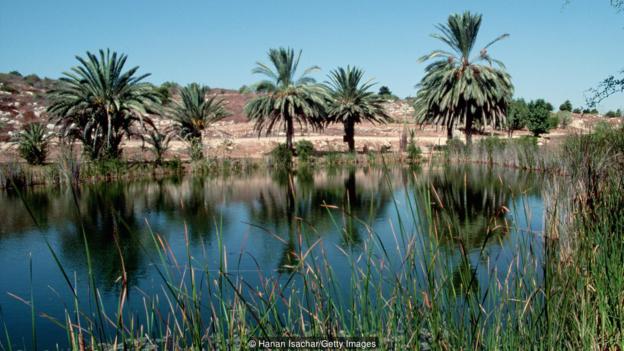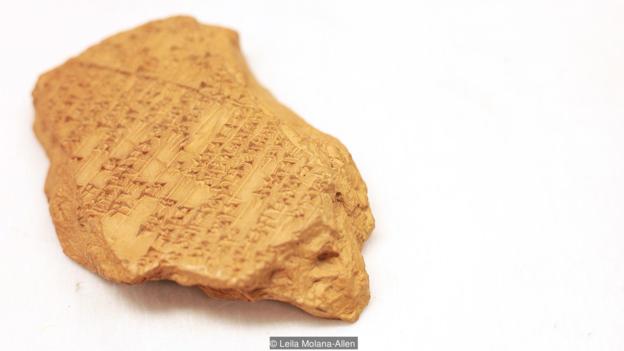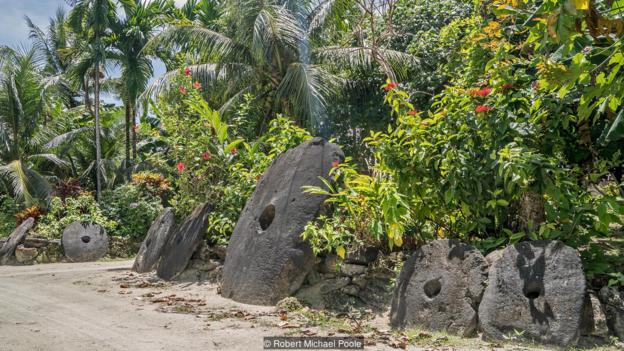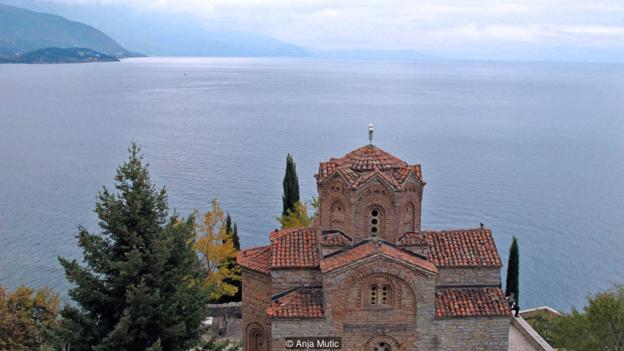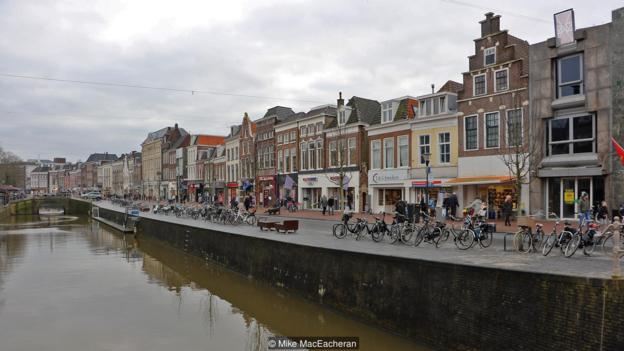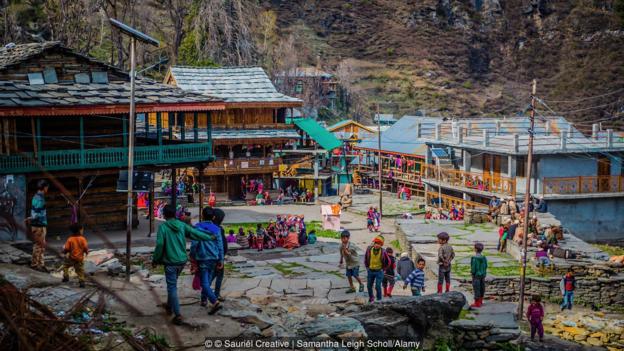
India’s Parvati Valley is well known among travellers for its psychedelic parties and free-flowing hashish that originates from the ancient village of Malana in North India’s Himachal Pradesh region. But if you look beyond the haze, you’ll find a treasure trove of legends, intrigue and unanswered questions.
Our Unique World
Our Unique World explores distinctive subcultures around the globe in celebration of what makes us different.
Check back each week in August and September to discover a new, unique world.
Nestled in the peaks of the Himalayas, Malana is surrounded by steep cliffs and snow-capped mountains. Travellers have long been drawn to this village of nearly 1,700 inhabitants, staying for days on end amid the cold gushes of wind and rows of dark green deodar trees to consume what locals consider the holy herb and what outsiders see as a way to free the mind: the famed and award-winning Malana cream. This cannabis resin or hashish is renowned both for the hand rubbing-technique used to produce it and for its reportedly remarkable intoxicating effects. But I’d come to Malana to try to make sense of the myths surrounding the village.
View image of The ancient village of Malana in India’s Himachal Pradesh is known to outsiders for its hashish (Credit: Credit: © Sauriêl Creative | Samantha Leigh Scholl/Alamy)
You may also be interested in:• The islands with a ‘third gender’• The people descended from Spartans• Where people speak the Aztec languageLegend has it that some of Alexander the Great’s army took shelter in this isolated village in 326BC after they were wounded in a battle against Porus, a ruler in India’s Punjab region. These soldiers are often said to be the ancestors of the Malani people. Artefacts from that period have been found in the village, such as a sword that reportedly rests inside the temple. However, genetic ties to the soldiers have not been studied or established. In fact, many of the locals I spoke to had no idea where this myth originated.“The big claim that Malani people have descended from Alexander the Great’s army has become a widely accepted truth, but I have not found any real backing to it. There are some weapons and other things that can be found that have raised these links, but I am certain that there is no evidence to this story,” said Amlan Datta, a filmmaker who has spent a decade working in Malana.But these theories are fuelled by locals’ noticeably different physical features and their language, which are unlike that of any other local tribe, adding to the enigma surrounding the Malanis and their identity. They speak Kanashi, which is considered sacred and is not taught to outsiders. It is also spoken nowhere else in the world. During my visit, I referred to some of the men I met as ‘Bhaiji’ (a polite way of saying brother), which is a fairly common way to address men in Himachal. Though locals understood when I spoke to them in Hindi, their responses in Kanashi were incomprehensible to me.
View image of The residents of Malana are said to be descendants of Alexander the Great’s army (Credit: Credit: © Sauriêl Creative | Samantha Leigh Scholl/Alamy)
A study of Kanashi is currently being undertaken by Uppsala University in Sweden, led by professor of linguistics, Anju Saxena. “Kanashi qualifies as a definitely endangered, as an unwritten and almost undescribed language,” Saxena told me. “It belongs to the Sino-Tibetan language family, and in all the surrounding villages, Indo-Aryan languages are spoken, which are completely unrelated to Kanashi. This raises interesting questions concerning its prehistory and its linguistic structure.”Even getting to Malana was a journey into the unknown. There are no motorable roads to the village, and it took me about four hours to trek there from the village of Jari at the bottom of the Parvati Valley. The approach was steep yet breath-taking. It wasn’t long before I started passing Malani people – distinguishable by their light brown hair, light brown eyes, long noses and a distinct wheatish or a golden-brownish complexion of skin – most of whom were traditionally dressed in light brown robes, caps and hemp shoes. To me, they looked more Mediterranean than Himachali.
View image of Malanis speak Kanashi, a language that is considered sacred and is not spoken anywhere else in the world (Credit: Credit: © Sauriêl Creative | Samantha Leigh Scholl/Alamy)
As I entered the village, I came to a group of teenagers who casually inquired whether I was interested in buying some hashish. Though cannabis has long been the backbone of this small village’s economy, it has led to a host of socio-cultural issues, such as young children being involved in the drug trade. This is perhaps why, one year ago, the village deity Jamdagni Rishi – who is locally nicknamed the Jamlu Devta and is a great sage in Hindu mythology – decreed through his spiritual spokesperson (the Gur) that all guesthouses across the village would be shut, leaving the village open to outsiders only during the day.Jamlu Devta is an important figurehead in village governance, a political set-up that has long baffled researchers and visitors who cannot comprehend how such an advanced form of governance exists in this quaint and remote Himalayan village.Malana’s unique democratic system is said to be among the oldest in the world, and, similar to the Ancient Greek system of democracy, it consists of a lower house and upper house. However, it has a uniquely spiritual twist to it: ultimate rulings rest on the upper court, which includes three important figures, of which one is the representative of the local deity, Jamlu Devta.“Devta is the ultimate word and we have a set-up of a council and three political figures of sorts, one of whom – the Gur, or the vessel who is possessed by Jamlu – communicates to us the decisions of Jamlu Devta,” explained Rohan, one of the hashish-dealing teenagers.
View image of Malanis’ distinct physical characteristics are reminiscent of those seen in Mediterranean populations (Credit: Credit: Jenny Matthews/Alamy)
Datta had told me about a local legend that said Jamlu Devta once inhabited Malana, which he was gifted by the Hindu god Shiva. There are two temples in the village, one dedicated to him and the other, to his wife, Renuka Devi. As I walked through the narrow passageways of this ancient village, dotted with wooden and brick houses, I entered the large courtyard, where the lower court gathers, and a temple dedicated to Jamlu Devta. It was sight to behold against a backdrop of snow-capped mountains.The temple, with wide wooden pillars, intricate doors and a host of bones, skulls and other sacrificial animal parts on one wall looked intriguing. But there was a warning sign outside demanding INR 3,500 ‘On touching of this holy place of Jamdagni Rishi’.This sign is an outward demonstration of another tradition that is very apparent in Malana: a quest to preserve the ‘purity’ of the village. People across Himachal Pradesh will tell you that the Malanis are known to restrict contact with outsiders, particularly in terms of direct physical contact. I personally had been warned to keep my distance by the driver who had brought me to Jari earlier that day.
View image of Malana’s unique democratic system is said to be among the oldest in the world (Credit: Credit: © Sauriêl Creative | Samantha Leigh Scholl/Alamy)
Although I did see some of the younger generations hugging or shaking hands, most people here still strongly hold the taboo of touching outsiders. When I went to pay for a bottle of water, the shopkeeper asked me to leave the notes on the counter instead of handing them to him directly. I also learned that marriages must take place within the village; transgression of this norm invites social boycott.Well aware that outsiders aren’t welcome here, I felt like an intruder as I kept probing people to find out more information about the village. Himachali people in general are warm and chatty, and they love to share stories and meals with visitors; in Malana, however, long conversations with locals were rare.
View image of Malanis are known to restrict contact with outsiders (Credit: Credit: © Sauriêl Creative | Samantha Leigh Scholl/Alamy)
Descending from the hills and coming down from this otherworld, I acknowledged my position as a traveller who would forever be on the outside of this mysterious Himalayan hamlet. Whether I liked it or not, the locals hadn’t taken me in, and I needed to respect their culture.But now, weeks later, as I look back on my quest to unfold the legends of Malana, I have come to the realisation that the very beauty of my experience was based on the essence of mystery, the unknown. Cherishing that very quality of Malana finally has led me to a newfound appreciation of this strange, cold land of enigmatic people.Our Unique World is a BBC Travel series that celebrates what makes us different and distinctive by exploring offbeat subcultures and obscure communities around the globe.Join more than three million BBC Travel fans by liking us on Facebook, or follow us on Twitter and Instagram.If you liked this story, sign up for the weekly bbc.com features newsletter called "If You Only Read 6 Things This Week". A handpicked selection of stories from BBC Future, Earth, Culture, Capital and Travel, delivered to your inbox every Friday.

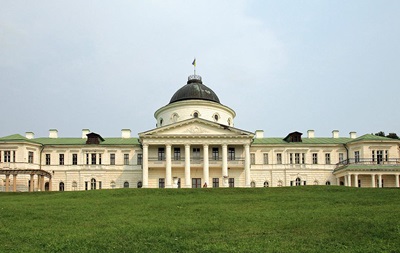
Корреспондент.net рассказывает о красивых местах на украинских просторах, где не так много туристов.

Почти все пространство в нем занимает односпальная кровать. Стоимость его - 97 долларов в сутки.

Лидировала в рейтинге Исландия. При составлении рейтинга были проанализированы 20 популярных турнаправлений.
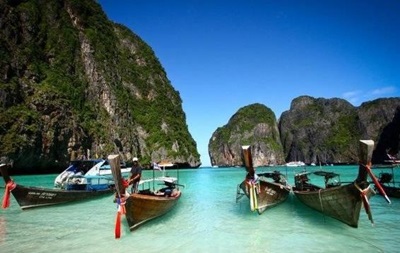
Самый известный пляж Майя Бэй на острове Пи-Пхи, похоже, так и не откроется в новом сезоне.
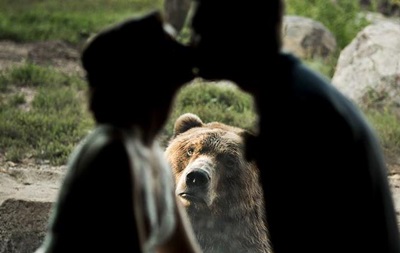
Пользователи социальных сетей считают, что хищник похож на влюбленного с разбитым сердцем.

В Мостаре завершился предпоследний этап соревнований по клифф-дайвингу. Победителями стали британец и мексиканка.

Лидирующую позицию в перечне заняла Франция, которую посетили 86,7 миллионов туристов. Далее идут Испания и США.

В одесском дворике сняли экстремальный ролик с участием всемирно известного японского чемпиона по слеклайну.

Полицейские города Карлсруэ назвали грызуна Карлом-Фридрихом и назначили его своим талисманом.
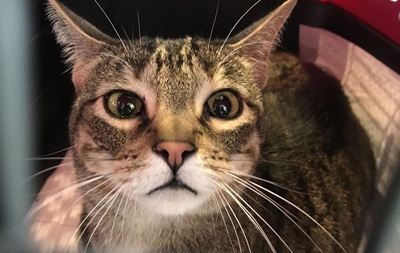
Полиция аэропорта в течение недели отчитывалась в Twitter об успехах и неудачах в поимке кошки. Хозяйке пришлось улететь без питомца.













